Constraining planet formation with atmospheric observations from the V1298 Tau planet system
- anton pannekoek institute, University of Amsterdam, Netherlands
Theories of planet formation like core accretion mechanism have been successful over the years in explaining the formation gas giant planets and even Neptune sized planets. However, there are several open questions in the field of planet formation like the entropy of formation and its subsequent impact on the accretion process. Young planetary atmospheres that are freshly baked products of planet formation provide opportunities to test and constrain planet formation theories. Several such young planets like HR 8799 planets have been observed using direct imaging techniques.
This presentation focuses on the V1298 Tau system, which host multiple transiting planets and is estimated to be 23 Myr old, thus comparable to the HR 8799 planets. In this work we present transit observations of this system, including with HST/WFC3, and the interpretation of transmission spectra obtained for these planets using various atmospheric models.
Using these measurements, we explore different formation pathways for this planet system and present our findings in the context of mature planets as well as young directly imaged planets which have similar age but may have experience different formation and evolution pathways.
How to cite: Barat, S. and Desert, J.-M.: Constraining planet formation with atmospheric observations from the V1298 Tau planet system, Europlanet Science Congress 2022, Granada, Spain, 18–23 Sep 2022, EPSC2022-583, https://doi.org/10.5194/epsc2022-583, 2022.

